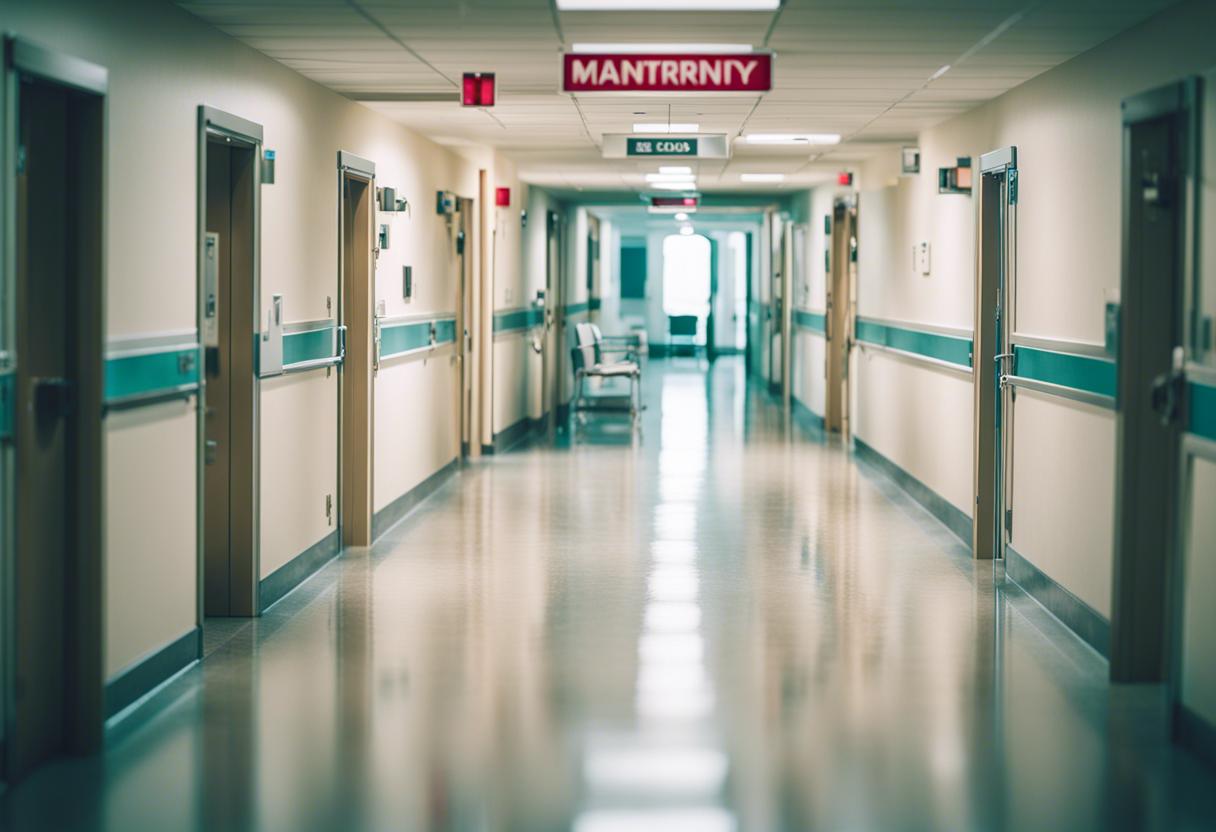The Health Service Executive (HSE) has verified that they will commence an annual investigation into the deaths of babies and mothers starting from this year. This decision to probe into perinatal mortality was prompted by suggestions from the National Perinatal Epidemiological Centre (NPEC) and a proposition by the National Women and Infants Health Programme (NWHIP).
The intent of this investigation is to draw lessons from these deaths to enhance the quality of maternity services, according to the HSE. The inquiry will analyze data from three years at a time, initiating with the period of 2021-2023. Each year, an annual report incorporating data from an additional year will be generated.
The HSE clarified that this investigation is confidential only in the sense that it will be devoid of any identifying details. The investigation will be conducted by reviewers devoid of any connection to the medical cases under examination and will be chosen from various fields such as obstetrics, midwifery, neonatology, neonatal nursing, and other specialisations if necessary.
Additionally, a distinct governance group is in the process of being formed to supervise the investigation, which will include public and patient participation. The terms of its operation, however, are yet to be finalised.
As per the HSE, Ireland has a relatively low perinatal mortality rate compared to other countries. Nevertheless, they emphasise that every neonatal death is a misfortune which they review meticulously in accordance with the HSE’s Incident Management Framework. They added that quality and safety remain paramount.
This announcement was made following calls from a coalition of organisations representing parents and babies who have passed away for Taoiseach Simon Harris to introduce a commission to investigate perinatal deaths and catastrophic birth injuries earlier this year.
The coalition of associations comprising Safer Births Ireland, Féileacáin, Aims Ireland and The Birth Rights Alliance has expressed their concern over the reported 42 cases of preventable infant deaths dating back to 2013. They are urging for measures to prevent further similar occurrences in Irish medical facilities.
Safer Births Ireland’s co-founder, Claire Cullen, who tragically lost her eldest son Aaron Ben Cullen just five days post-delivery at Midland Regional Hospital, Portlaoise, in 2016, deems the three-year historic timeframe specified by the Health Service Executive (HSE) as inadequate. According to Ms. Cullen, a ten-year review period is crucial for ensuring the completeness and transparency of the investigation.
She reported an upward count to 52 of infant fatalities over the past decade, attributing these unfortunate events to medical errors, however, this number is established from inquest-related news headlines.
Ms. Cullen, who has legally settled a case with the HSE pertaining to her son’s demise, opposes the need for a covert review while emphasizing the necessity for an independent one. She is perturbed by the ‘lack of transparency’ and expresses that activists have been shunned and are yet to get a response from the Taoiseach. Furthermore, they were kept uninformed about the HSE’s intentions.
Johan Verbruggen, the head of medical negligence claims at Fieldfisher, voiced the sentiments of those impacted by birth traumas and feel marginalized in the discussions aimed at enhancing maternal healthcare.
He emphasized that those affected do not wish for their experiences to be trivialized as merely statistical issues and they want to prevent others from undergoing such pain. He acknowledged that deriving lessons from such circumstances often serves as the only positive outcome.
Mr. Verbruggen, who himself is a birth injury victim, confessed the struggle in determining the precise count of maternal deaths along with other activists. He is hopeful that this inquiry will prove beneficial in achieving this purpose.
He insists that until accurate data is obtained, assessing the range of problems or evaluating the worthiness of the service will remain uncertain, provided that a central database to log all relevant information is absent – a crucial factor in the State’s evaluation procedure, according to him.
Find the Inside Politics podcast for thorough political discourse and commentary.

